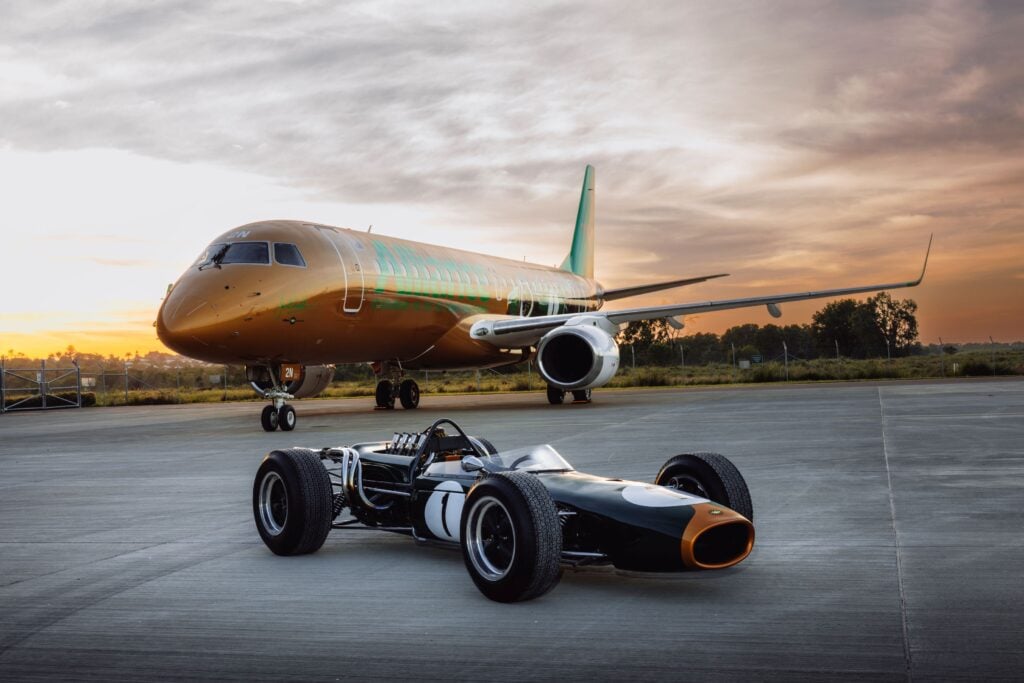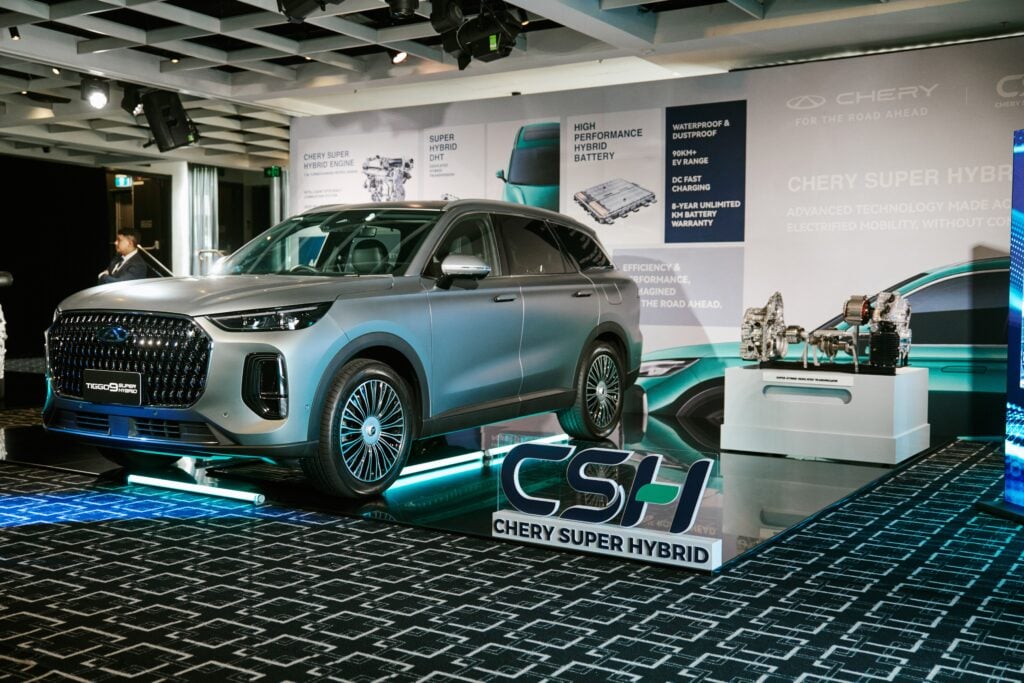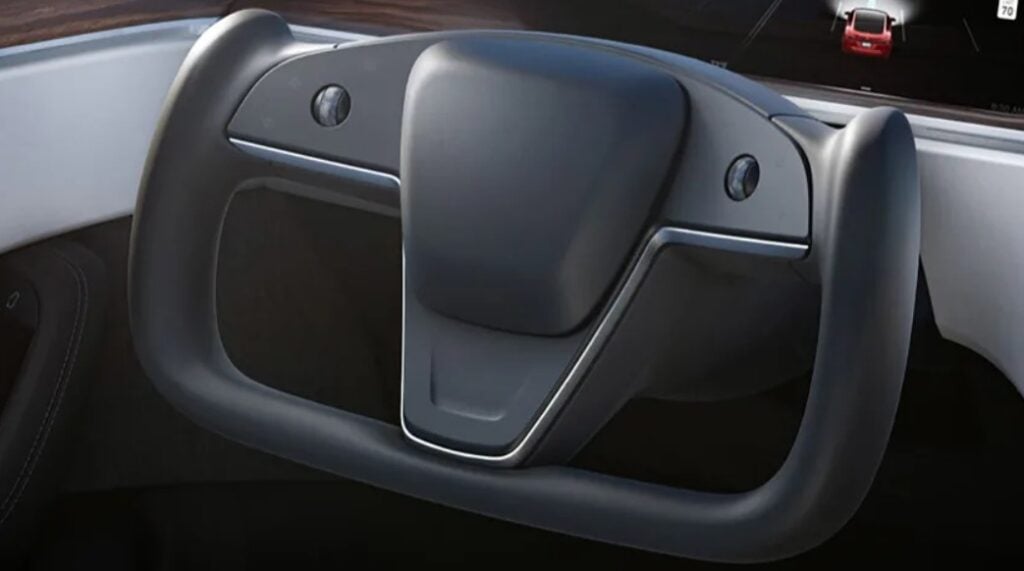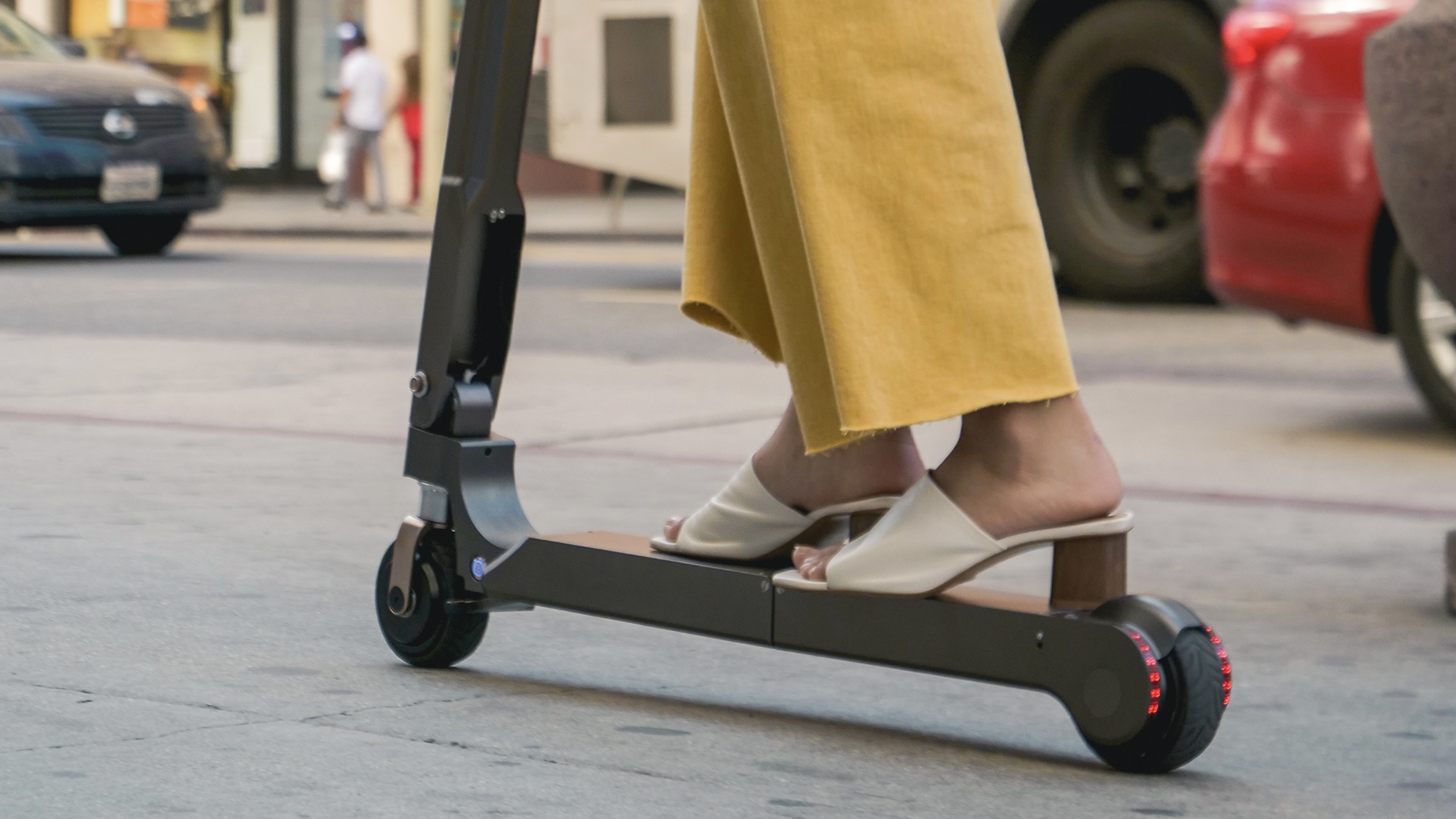
Hyundai is forging ahead with plans to add the option of an electric scooter to its vehicles.
Patents uncovered by US website The Drive show Hyundai is looking at ways to offer ‘last mile’ mobility, allowing drivers to park their cars on city outskirts and complete their journey on personal electric scooters.
By doing so, it would help to reduce emissions, noise, and congestion within inner cities, as well as saving time and money for owners in some circumstances – giving them the freedom to park further away from their workplace.

The idea is nothing new, however; in the early 1980s, Honda offered a folding two-stroke scooter to fit in the boot of the Honda City and Today small hatchbacks.
The Motocompo, as it was called, weighed 45 kilograms and was created to counter the heavy traffic and parking issues arising in Tokyo at the time.
Hyundai sees a similar future for motorists, advocating for ‘last mile mobility’ by designing what it claims to be the lightest foldable electric scooter.
The latest version weighs 7.7kg and has a top speed of 20km/h, and thanks to its 10.5Ah battery, delivers a travel range of up to 20km on a single charge.
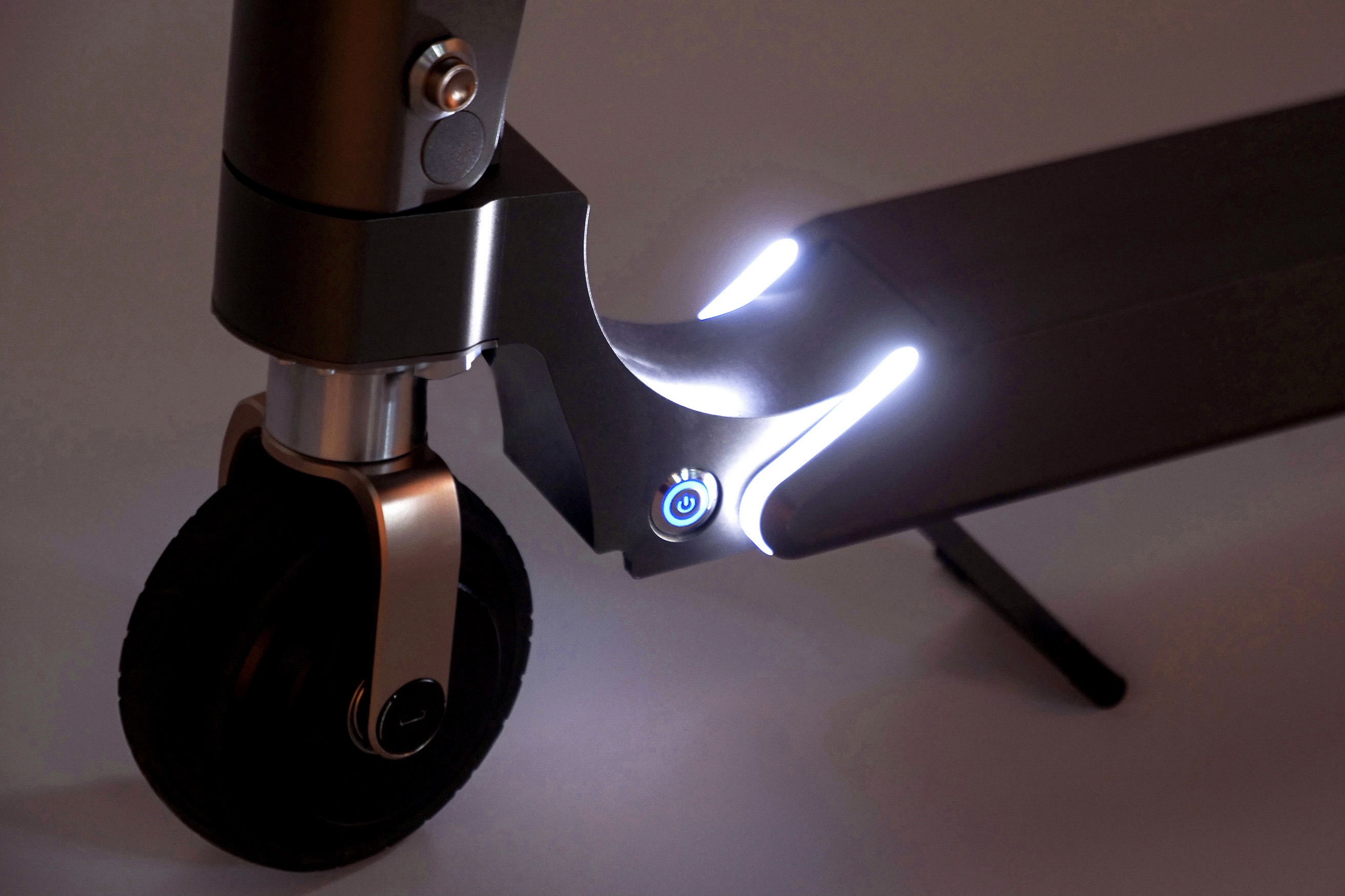
It also features a digital display showing speed and battery status, LED headlights and tail-lights for nighttime riding, and a speaker to project a “virtual engine sound”.
The Korean car giant says it’s working on a regenerative braking system for the scooter, which would increase its distance capability by around seven per cent – or around 1.5km.
According to a study by McKinsey & Company, the ‘last mile mobility’ market is expected to grow to US$500 billion (AU$665bn) by 2030 in China, Europe and the US.
We recommend
-
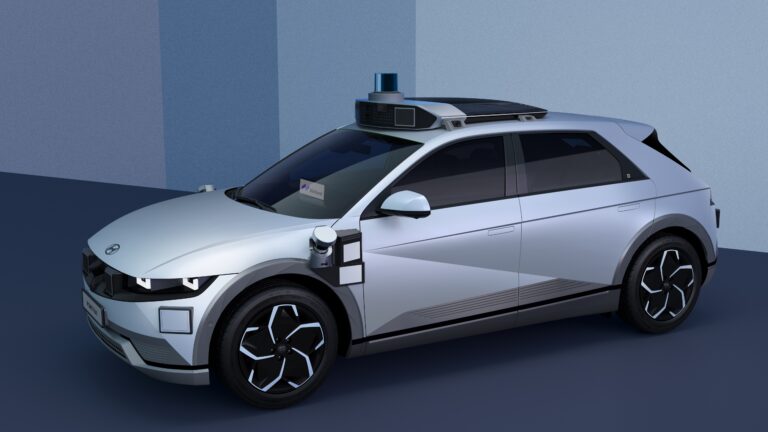 News
NewsHyundai IONIQ 5-based robotaxi unveiled
The autonomous vehicle has been developed by Motional, a joint venture between Hyundai Motor Group and tech company Aptiv
-
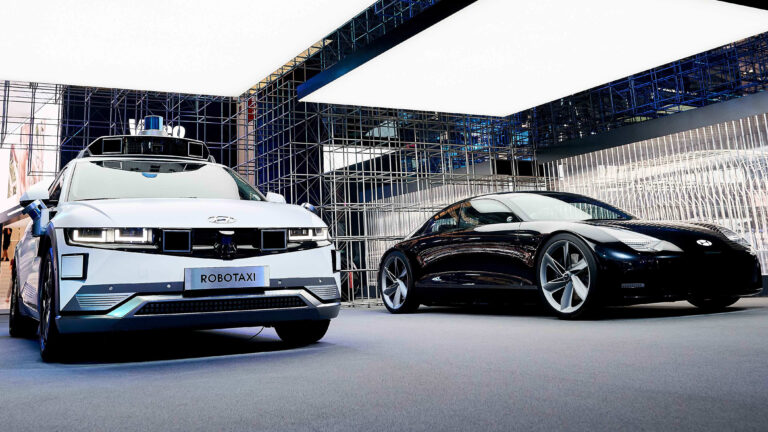 News
NewsHyundai announces commitment to go carbon neutral by 2045
Battery electric and fuel-cell vehicles to pave the way forward
-
 News
NewsHyundai acquires robotics company Boston Dynamics
The motor group now controls 80 per cent of the US$1.1 billion tech firm



